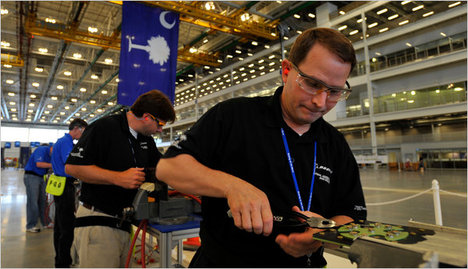(p. A15) Ronald Reagan, who grew up during the Coolidge presidency, admired “Silent Cal,” even going so far as to read a biography of the 30th president as he recovered from a surgery in 1985 and to praise him in letters to his constituents. To Reagan, Coolidge wasn’t silent, but was silenced by New Deal supporters, whose intellectual heirs control much of Washington today.
. . .
Unlike President Obama, President Coolidge didn’t want to “spread the wealth around,” but to grow it. He didn’t call for “shared sacrifice”–Americans had sacrificed enough during the great war–but for good character.
There “is no surer road to destruction than prosperity without character,” he said in a speech at the University of Pennsylvania in 1921. And from the White House lawn in 1924 he said, “I want the people of America to be able to work less for the Government and more for themselves. I want them to have the rewards of their own industry. That is the chief meaning of freedom.”
. . .
As Coolidge saw things in 1924, “A government which lays taxes on the people not required by urgent public necessity and sound public policy is not a protector of liberty, but an instrument of tyranny. It condemns the citizen to servitude.” Coolidge helped Americans prosper by letting them be free.
For the full commentary, see:
CHARLES C. JOHNSON. “How Silent Cal Beat a Recession; The late president inherited a bad economy, and he cut taxes and slashed spending to spur growth.” The Wall Street Journal (Thurs., August 4, 2011): A15.
(Note: ellipses added.)








